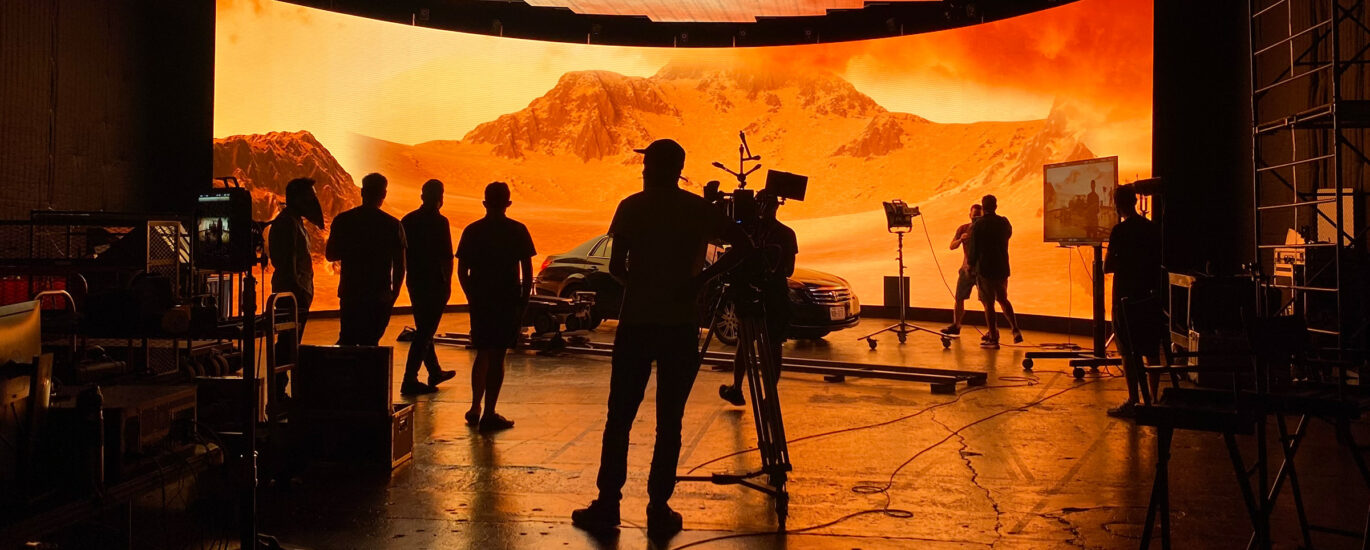The global entertainment industry is undergoing a seismic shift in 2025, with new technologies, evolving audience expectations, and international collaborations redefining how content is created and consumed. From AI-assisted filmmaking to cross-border streaming giants, this year is proving to be a landmark for creators and audiences alike.
Streaming Services Go Global
Streaming platforms continue to dominate entertainment consumption. However, 2025 has marked a shift toward more inclusive, globally diverse content. Companies like Netflix, Disney+, and Amazon Prime Video have significantly increased their investments in non-English-language series and films, especially in regions like Southeast Asia, Africa, and Latin America.
- Q1 2025: Netflix launches regional production hubs in Kenya and the Philippines.
- Q2 2025: Amazon signs co-production deals in Brazil and South Korea.
- Q3 2025: Disney+ debuts multilingual interface and subtitling across 15 new countries.
AI and Virtual Production Take Center Stage
Artificial Intelligence has moved beyond script analysis and into full-scale production. Studios are now using AI to generate scripts, pre-visualize scenes, and enhance visual effects in real-time. Virtual sets, like those popularized by “The Mandalorian”, have become the norm, significantly cutting costs and environmental impact.
“We’re not replacing creativity — we’re supercharging it,” said Ava Singh, CTO at CineSynth, one of the leading AI-driven production companies in Hollywood.
Cultural Collaborations and Content Diplomacy
Entertainment in 2025 is increasingly being used as a tool for diplomacy. Global co-productions between countries like India and France or Nigeria and the UK are not only boosting economies but also fostering cultural understanding. International film festivals have reported a record number of cross-cultural submissions.
Recent disputes over intellectual property rights in multi-country productions have led to the formation of a new global consortium to standardize IP laws in entertainment.
Conclusion: A Borderless Entertainment Future
The future of entertainment is increasingly global, digitized, and hybrid. As technologies evolve and international partnerships strengthen, audiences can expect a richer tapestry of stories that reflect a multitude of voices and experiences. Whether you’re in Tokyo or Toronto, the screen in front of you is more likely than ever to be a window into the world.





